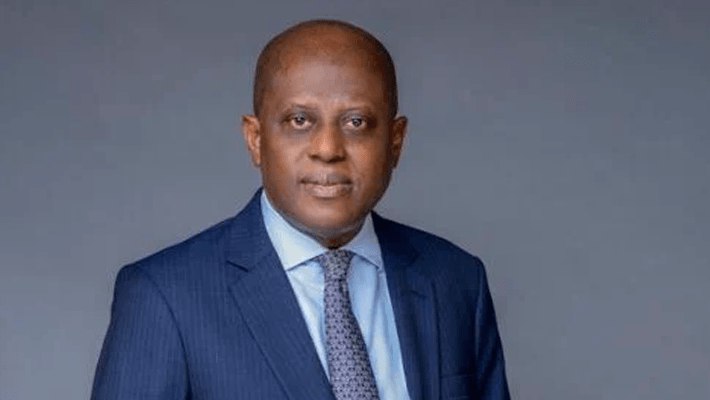The Governor of the Central Bank of Nigeria (CBN), Olayemi Cardoso, has revealed plans to establish a new compliance department aimed at addressing past challenges and aligning with global standards.
During the launch of the 2025 Macroeconomic Outlook Report, titled ‘Stabilisation in Transition: Rethinking Reform Strategies for 2025 and Beyond,’ on Thursday, Mr. Cardoso shared this development in a virtual address at the hybrid event hosted in Lagos.
He explained that the new department would play a crucial role in strengthening transparency and building a more resilient financial sector that supports Nigeria’s long-term economic growth and development.
The governor emphasized that the CBN would prioritize exchange rate stability to facilitate business growth, while also supporting fiscal policies in critical economic sectors.
Mr. Cardoso reiterated the importance of strengthening financial institutions to ensure they effectively support the real sector, particularly through initiatives like the National Credit Guarantee Company, which aims to reduce the risks associated with lending to essential industries.
The CBN Governor also reaffirmed the country’s expected GDP growth of 4.17% in 2025, reflecting an optimistic economic outlook.
He called for continued collaboration between monetary and fiscal authorities, as well as the private sector, to drive growth.
Mr. Cardoso highlighted that achieving this growth is contingent on the ongoing implementation of government reforms, stable crude oil prices, increased domestic oil production, and remittance inflows from the diaspora.
The governor expressed confidence that the CBN’s ongoing reforms are already yielding positive results, with investors showing growing interest in Nigeria. However, he stressed that the bank will remain focused on tackling inflation, which he identified as a major barrier to business success.
Cardoso also agreed with the Nigerian Economic Summit Group (NESG) on the importance of dialogue in addressing Nigeria’s economic challenges. He suggested that better communication could have alleviated some of the country’s inherited economic problems.
He concluded by stating that while the CBN is making difficult but necessary decisions to rectify economic issues, inflation is projected to decline in 2025 as the impact of these reforms becomes more evident.


